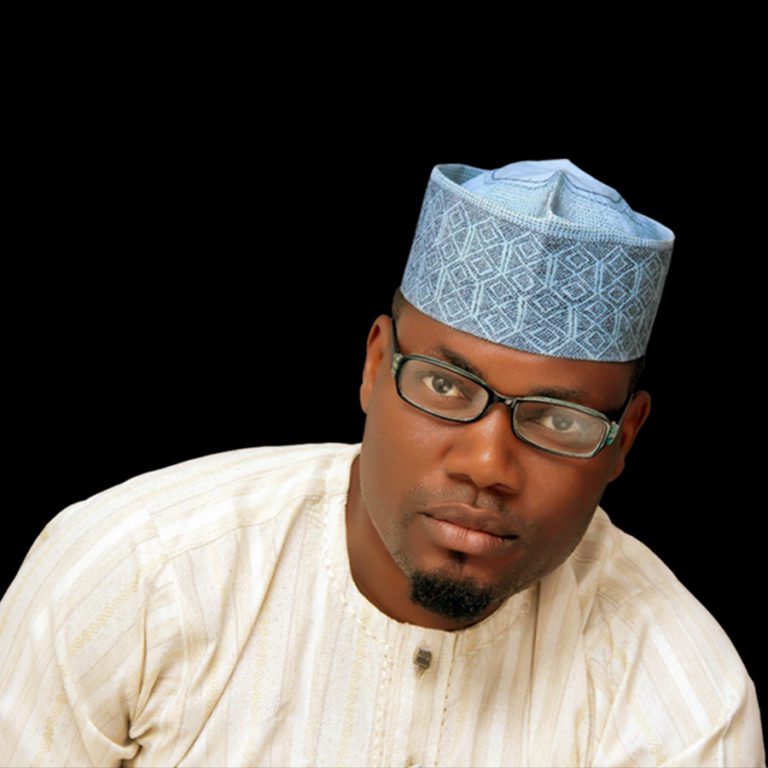OPINION

ALBERT AFESO AKANBI MAKES A COMPELLING CASE FOR AN AFRICAN POPE IN "AFRICA AND THE PAPACY"
Africa is home to a rapidly expanding Catholic population, one that is growing faster than anywhere else in the world. In the midst of this global surge, the idea of an African Pope has gained significant traction, sparking debates about fairness, justice, and the future of the Church. After all, the papacy, which has spanned over 2,000 years and seen 260 popes, has produced only three African pontiffs — and none of them fit the modern definition of "Black."
Despite the Catholic Church's teachings on the Holy Spirit’s selection of the Pope, it is hard to ignore the glaring inequality in the representation of Africa in the papacy. The three popes from Africa — Pope Victor I (189–199 AD), Pope Miltiades (311–314 AD), and Pope Gelasius I (492–496 AD) — hailed from regions that are now part of modern-day Libya, Tunisia, Algeria, and parts of North Africa. While they were undeniably of African origin, they were not Black Africans as we understand the term today. In fact, their ethnicity was more tied to Berber or Mediterranean roots than the sub-Saharan African heritage most associate with the term "Black."
Given that these early popes came from a region that was historically and culturally diverse, and considering that the concept of race as we know it today did not exist in their time, their racial identity remains ambiguous. They were not Black in the modern sense, but rather part of a larger, complex African heritage that defies simple categorization. Thus, despite the historical importance of these figures, their papacies do not satisfy the desire for a Black pope — one who comes from Sub-Saharan Africa and reflects the true diversity of the African continent.
Fast forward to the present, Africa is home to some of the most devout Catholic communities in the world, with the fastest-growing Catholic population globally. With this unprecedented growth, many believe it is not only just but necessary for Africa to take its turn at the papacy. An African Pope would embody not only the Church’s expanding global reach but would also provide leadership from a perspective rooted in resilience, faith, and social justice.
In addition to the growing Catholic population, Africa’s strong presence in the priesthood further solidifies its case. As vocations to the priesthood decline in Europe, Africa has emerged as a source of revitalization for the Church, with vibrant dioceses and a steady rise in seminarians. Yet despite this growth, the papacy remains a distant dream. An African Pope could offer moral clarity, provide fresh insights on social justice, and reflect the aspirations of developing nations, while expanding the Church’s presence in the Global South.
The time for a Black Pope is long overdue. Cardinal Robert Sarah of Guinea, a staunch defender of traditional Catholic values, and Cardinal Peter Turkson of Ghana, an intellectual and advocate for economic justice, both stand out as potential leaders for the Church. Cardinal Turkson, who has worked extensively in the Vatican, is especially well-regarded for his commitment to social justice and environmental issues. He represents a bridge between Africa and the global Catholic community, bringing both spiritual wisdom and intellectual depth.
Africa's Catholic community deserves a leader who reflects their struggles, triumphs, and hopes for the future. Given the immense influence of the papacy, it would be an act of justice and recognition for the Church to elevate an African to this position of moral authority. A pope from Africa would not simply represent the continent — he would bring the Church’s mission of faith, hope, and social justice into alignment with the needs and realities of the Global South.
As the Catholic Church looks to the future, Africa stands ready to lead, bringing not just representation, but the vision and strength that comes from a continent with an unparalleled commitment to faith. The time for an African Pope is now.
"This represents a significant development in our ongoing coverage of current events."— Editorial Board









